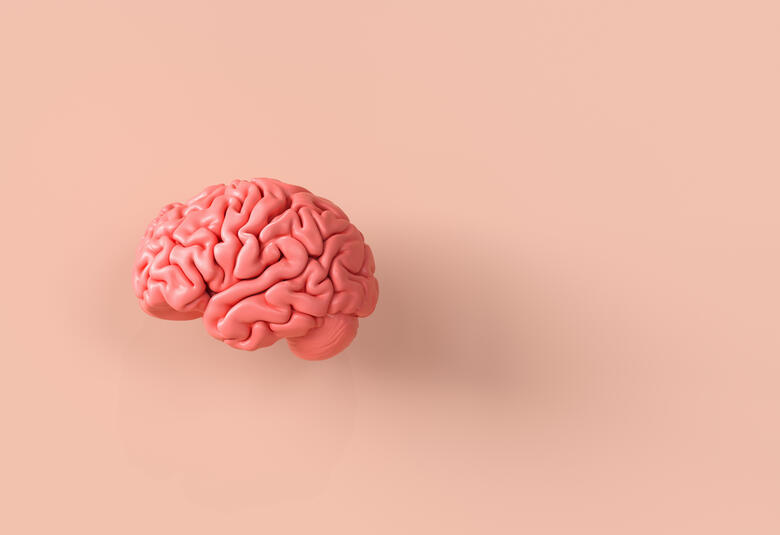
Disclosure can create a virtuous circle as solidarity replaces stigma
Being open about mental illness is positive both for society and for the individual concerned, since it has the capacity to increase self esteem and counter stigma. But disclosure is not all-or-nothing: deciding who, how and when to tell requires sensitivity. The same is true when a clinician shares with a patient a diagnosis such as schizophrenia.
Disclosing a mental disorder has many advantages for the individual concerned. The pros include increased self-esteem, reduction in self-stigma, empowerment, improved quality of life, and better access to services. For wider society, there are also advantages since social contact with people experiencing mental illness is the most effective antidote to prejudice, Sara Evans-Lacko (London School of Economics, UK) argued at a symposium session of the EPA’s annual meeting in Nice.
Contact with people counters discrimination more effectively than knowledge
More than abstract knowledge about a stigmatized group, it is contact between the public and those affected – whether they are defined by sexuality or disability or race or age – that decreases stigma and discrimination. The same is true for people who have a mental disorder.
Social contact increases empathy and decreases anxiety, leading to a reduction in prejudice.
Disclosure is therefore positive. And it is encouraged by initiatives such as Coming Out Proud in the US, a program developed by Pat Corrigan and colleagues to help people weigh the pros and cons of revealing their mental health problems, think how best to develop their own narrative, make use of strategies that may help, and obtain peer support for the process.
A virtuous circle
Since disclosure increases society’s awareness of how normal it is to have mental health problems, it makes it easier for others to come out, creating a virtuous circle to replace the vicious cycle of secrecy and stigma.
It should also be noted that concealment of mental health problems has costs, Dr Evans-Lacko said. Keeping ones’ mental illness a secret increases psychological burden and has knock-on effects in terms of impaired relationships and physical ill-health. But disclosure is a continuum: you don’t tell everything to everyone. Disclosure is conditional on many factors.
When, how and who to tell remain sensitive issues
A different kind of disclosure – sharing a diagnosis of a serious health problem with a patient -- was considered in a thoughtful talk by Saeed Farooq (University of Keele, UK). Throughout medicine, what to tell, when to tell, and how to tell are always important questions. But the ethical and clinical dilemmas are particularly acute in psychiatry, given the potential stigma involved.
Diagnoses are unstable constructs
We know from debates about the Diagnostic and Statistical Manual of Mental Disorders (DSM), for example, that the features contributing to a diagnosis are subject to argument about what is normal and what is not. Psychiatric diagnoses are unstable constructs and often lack consistency in their application across in-patient and community care. In the area of psychosis for example, at what stage does someone who has had a first episode learn that this may be schizophrenia?
Diagnoses such as schizophrenia and dementia have life-changing implications
This dilemma is also very evident in the field of dementia. Diagnosis is more than a medical process. It implies that the person concerned moves into an entirely new social group. And this may have profound consequences for the individual’s mental health.
For the psychiatrist, what constitutes best practice in disclosing a diagnosis to an individual is often debated. One means is to give patients the opportunity to diagnose themselves. If you go through the diagnostic criteria for bipolar disorder, for example, the patient has the opportunity at each stage to say “yes, that sounds like me”. That might also apply to schizophrenia, where paraphrases of the term are common. Evidence suggests that this group above all receives the most ambiguous messages. It seems that people with schizophrenia often learn the diagnosis not through formal disclosure but through their evolving experience with mental health services.
Dr Farooq noted in conclusion that it is perhaps time that professional societies in psychiatry established a Task Force to address the important issues involved in imparting a diagnosis of serious mental illness.


